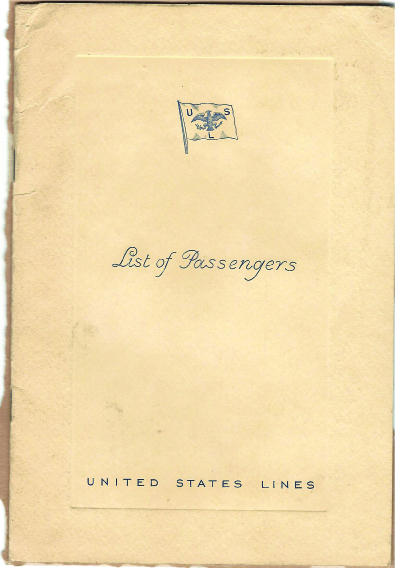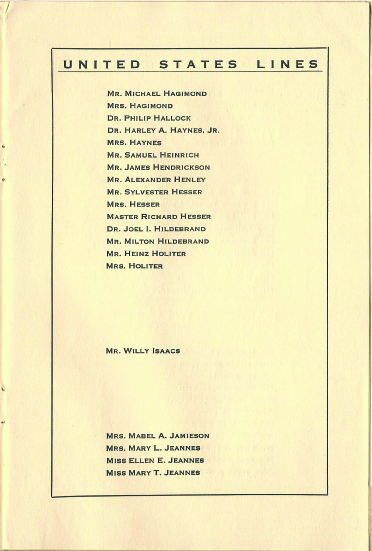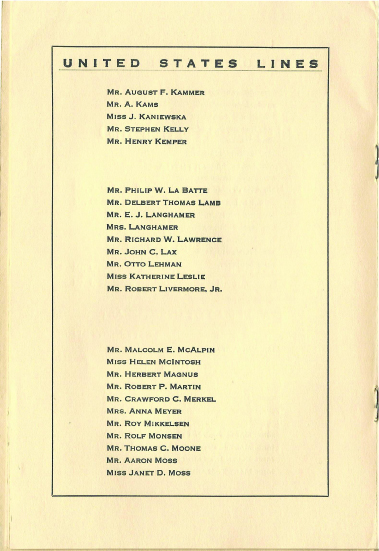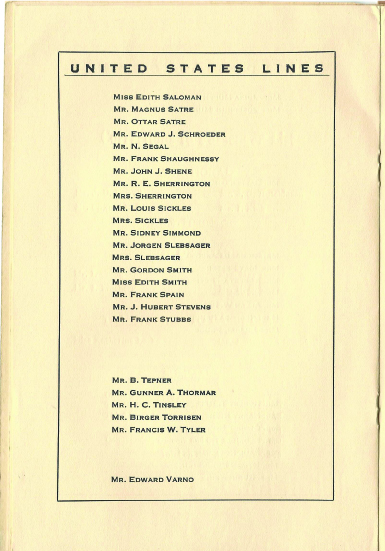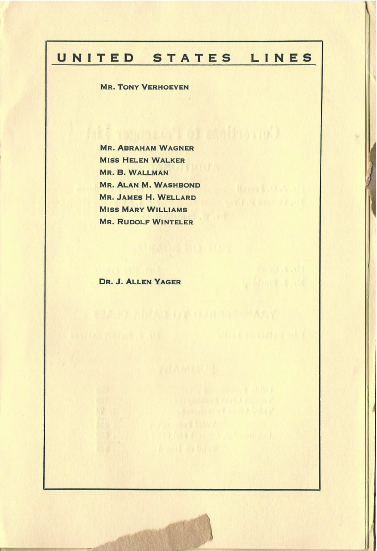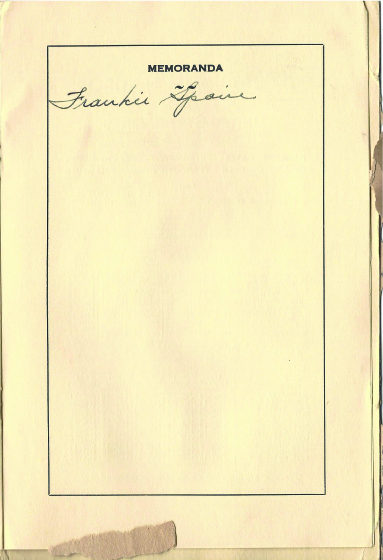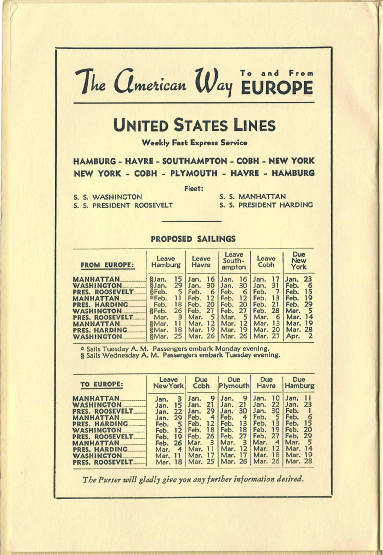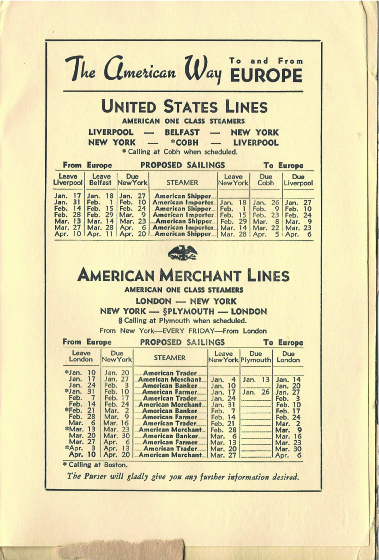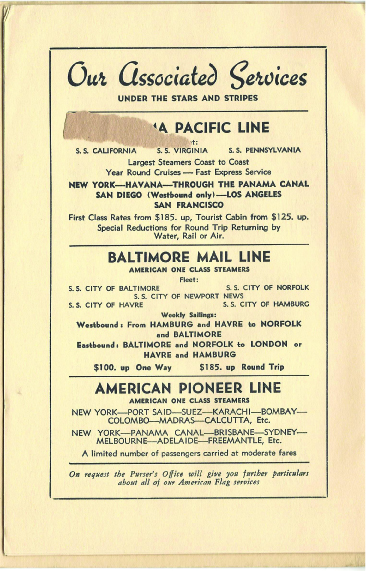Today I would like to reflect on long-ago wartime deeds of a couple of soldiers. One of them wore the uniform of the United States of America; the other, the uniform of Nazi Germany.
May the actions of both men serve as moral and ethical guideposts for everyone: for those who hold positions of political and personal power and make decisions affecting the lives and fortunes of millions, and for those of us who make our own, seemingly less consequential decisions that affect our fellow human beings as we go about our daily lives.
The first of these soldiers is Army Specialist Lawrence Colburn. I recently read of his passing, which took place on December 13, 2016. Colburn was the gunner in the three-man helicopter crew that passed over the Vietnam hamlet of My Lai in March 1968 and saw a horrific scene of mass slaughter taking place. The chopper landed between the villagers who were being gunned down and the U.S. solders, commanded by Lieutenant William Calley.
Colburn remained in the helicopter along with specialist Glenn Andreotta. They trained their guns on the clearing, covering their pilot, Hugh Thompson, as he angrily confronted Calley. Thompson ordered Calley and his troops to stop the carnage, and threatened to fire on them if they did not. The killing stopped, but not soon enough to spare the lives of the 500 or more villagers that Calley’s men had murdered.
My Lai is perhaps the darkest chapter in American military history. As the magazine that mentioned the news of Colburn’s death pointed out, the mass killing took more lives than the Nazis’ slaughter of 340 people of the town of Lidice, Czechoslovakia. That mass murder was a reprisal for the assassination of the ruthless Reinhard Heydrich, one of the architects of the Holocaust and Adolf Hitler’s man in charge of that region.
We all know of the policies and practices that drove Nazi Germany to the mass murder of some six million Jewish people. But the Holocaust, or Shoah, also brought forth here and there some tiny glimmers of heroic charity of the kind shown at My Lai.
One Holocaust survivor, my dear and admired friend Mary Wygodski, tells of a German soldier that a friend of hers encountered in a concentration camp. Mary never saw him herself, but she heard of him. He was a young man of short stature, working as a guard and wearing the uniform of the Wehrmacht, the German regular army. He was not a member of the SS, that diabolical rabble that were charged with little more than killing Jews.
Somewhere along the way, that guard encountered a young woman known to Mary. He offered to leave his lunch for her every day, stashing it in a place that would be known to just the two of them. How and why he came to that decision, what motivated him to risk severe punishment if not his very life, we’ll never know. He also admonished her, “You don’t know me. You never saw me. We never spoke.”
So it was, until they had to move on. Mary’s friend shared the lunches – real food like wurst, bread, cheese – with a few others who were being fed starvation diets as they were worked to death. We don’t know if that shared food saved their lives, but it doubtlessly gave them hope and strength to carry on.
I singled our Lawrence Colburn here only because his death was the most recent. Andreotta died in combat in Vietnam, and Thompson died in 2006. Thompson was probably the one who determined what they did on that awful day, but all three were heroes.
They were initially regarded as traitors for reporting the massacre and testifying against Calley. They all received, belatedly in 1998, the Soldier’s Medal. Thompson and Colburn were nominated for the Nobel Peace Prize in 2001, but they were passed over. No surprise there.
That nameless German lad undoubtedly did not receive a medal for his quiet and unsanctioned heroism from his government. I only hope that he survived the war and lived a good life. Perhaps, either now or in the hereafter, he can take comfort in knowing that he may have saved the lives of several Jewish girls. Their lives and those of their children and descendants are his gift to all of us.
Finally, as the writer of the story on Colburn noted, he and his crewmates never forgot that their highest duty was to humanity and to the law. Nor did the kid from the German army.
There is a new group of people assuming the mantle of power in Washington D.C. I hope that they too remember that their highest duty is to humanity and to the law. That goes for them and for those who opposed them at every turn, and still do.
It is also a good thing for us all to remember. Our decisions and deeds may not have the grand, widespread impact of those of our leaders. But they are no less important to those whose lives touch our own.



